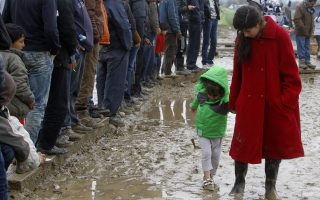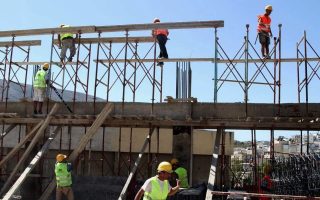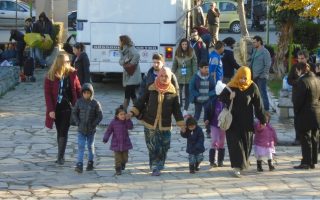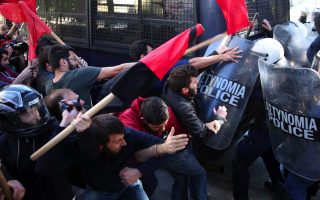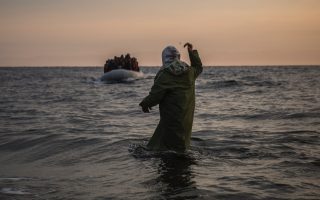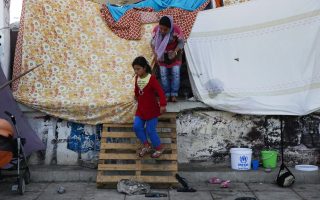Time is running out
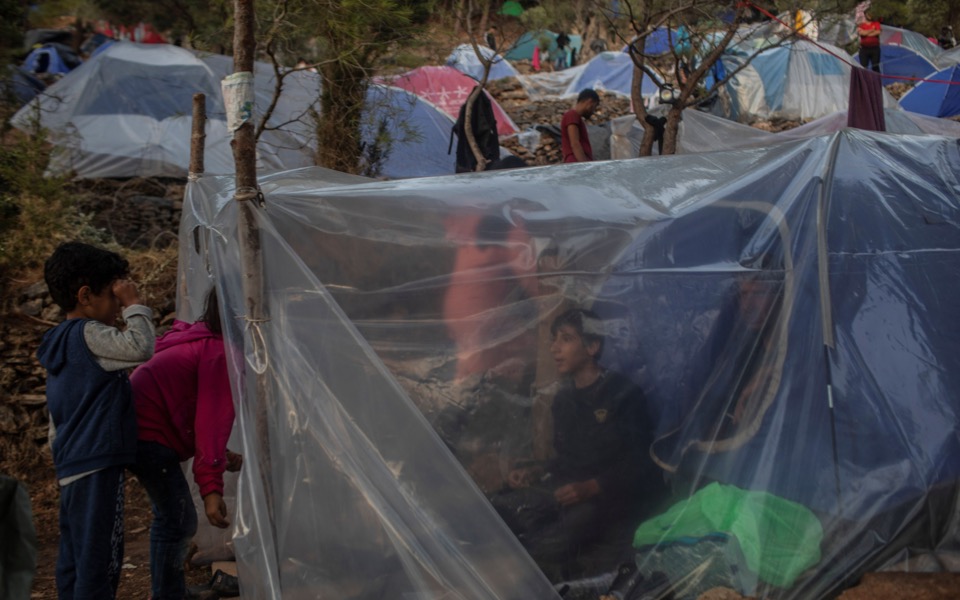
“On Samos, the system has collapsed,” a team from the Greek National Commission for Human Rights concluded in a recent report following a visit to the eastern Aegean island. This is what it says in its official statement; what it’s trying to say unofficially, though, is that the state has collapsed.
The team visited the island’s migrant reception and identification center where more than 7,200 people are packed into a space designed for just 650.
They saw the despair and fear in the camp residents’ eyes, the horrendous conditions in which they live in tents and makeshift huts, and heard how all of these people are served by just one doctor, an orthopedist practicing general medicine. They were informed of the serious shortages of medicine and medical care, of the absence of psychological and legal support structures, and of the rudimentary interpretation and translation services available.
“The situation regarding the reception and the living conditions of asylum seekers in and around the Reception and Identification Center (RIC) in Vathy, Samos is out of control and diminishes every concept of human dignity of the persons living in its areas,” the commission said in a press release. In private conversations, members of the team expressed shock and pessimism.
When the migration/refugee crisis becomes the subject of a political confrontation, the debate tends to be limited to whether the situation was better under the previous SYRIZA administration or the current New Democracy government.
The locals on Samos have come to understand that this is a discussion that has long been overshadowed by reality. It no longer interests them. Their stance is a lot more serious and responsible than many politicians and other officials who have been in charge of managing the crisis over the past few years without having any real idea of what it’s all about or a plan for dealing with it.
The majority of the locals also know how critical the situation is in humanitarian terms. Are they reacting? Of course they are, and they’re justified in doing so. The main town on the island – the center of life as they know it – is vying for space with a growing foreign “city” of more than 7,200 men, women and children (some unaccompanied) from Afghanistan, Cameroon, Syria, Congo and Iraq, among other countries.
But they also acknowledge that this “city” is made up of people who are trapped in an impossible situation. They have a pretty good idea too of what will happen if these people are transferred to closed camps and deprived of even the limited socialization and interaction with the local community that they have today. Things will most likely get much, much worse for them.
Government officials are starting to realize that the administration’s pre-election talk about closed migrant facilities on the islands needs to be abandoned once and for all. The only way to provide some relief to these communities right now is to organize mass transfers to the mainland.
This is the only way to go, as time is running out fast – for the refugees and migrants, for the locals and for the government.
